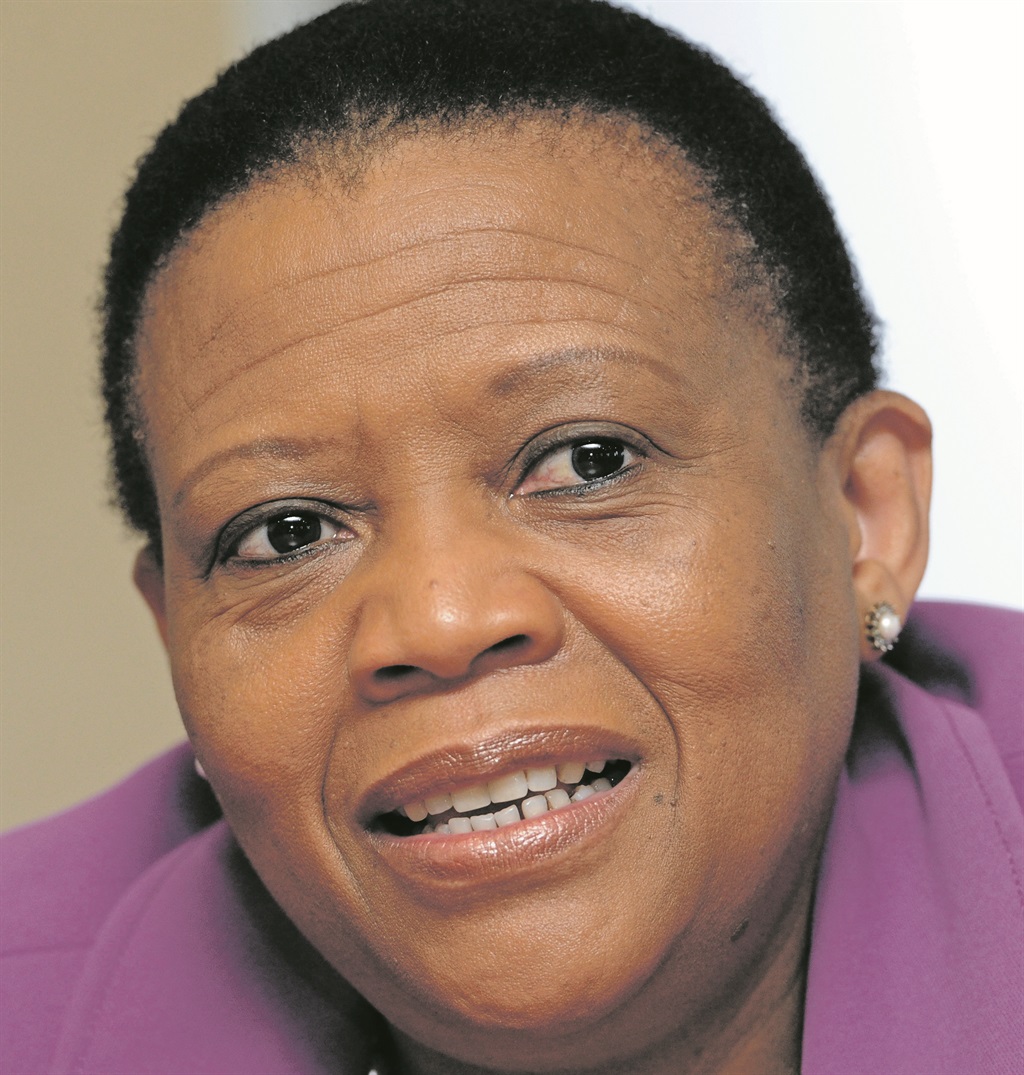
As the battles rage on in the main chamber, the committees of Parliament grind on in the background, slowly churning out the reams of paper with which we build our legislative system.
In the latest turn of the wheel, the justice and constitutional development portfolio committee has put forward the names of the proposed candidates for the new information regulator.
These will be debated in the House over the next few days, and appointments will be the end of the beginning of creating a new and theoretically independent institution of the state, which will have a particular brief of driving access to information and privacy – two rights in the Constitution that will have a new and dedicated institutional home.
This outcome has been a long time coming, and must in part be attributed to work of the late Dene Smuts, a DA MP who was a member of the justice and constitutional development portfolio committee during the long gestation of the Protection of Personal Information Act and its enforcement mechanism, the information regulator.
She was a member of the technical committee led by John Jeffery, who was then part of the committee and is now the deputy minister of justice and constitutional development, and including the late Mario Ambrosini, an IFP MP. They worked for many months on this rather esoteric law.
They suffered through the debates around how to exempt journalists from being subject to inappropriate regulation on their processing of personal information. They deliberated the age at which children may hand their personal information away on the internet. They considered how to manage data around cultural identity, and whether there should be heightened requirements around processing that data.
Finally, they deliberated over and decided on the structure and functions of the information regulator, which will oversee both the Protection of Personal Information Act and the Promotion of Access to Information Act, which long been a thorn in the side of information activists.
The regulator will have order powers for the release of information, and will pave the way for the release of information at all levels of government, particularly in communities that are excluded from information that affects their lives.
Smuts had retired by the time the process of appointments of the regulator were under way, and died at the end of last month, missing by weeks the interviews for the appointments. Would she be pleased? I cannot know, but the panel of five is an eclectic mix.
They include an academic, an attorney who specialises in so-called e-law, a former member of the National Lotteries Board and an advocate who has a long history in the insurance industry. They also include Pansy Tlakula, who is tipped to be the chair.
Tlakula comes with baggage, thanks to findings by the Public Protector in 2014. In her report, Thuli Madonsela recommended that the Speaker of Parliament consider what action should be taken against Tlakula for her role in the procurement of a R320 million Independent Electoral Commission lease agreement.
In a comment at the time, a Daily Maverick columnist said: “It is a tragic end to Tlakula’s public life and no person should celebrate such an inglorious end to an outstanding career.”
She has indeed had an outstanding career, but is there an argument that this “inglorious end” puts Tlakula forever beyond public office? There will be those who say yes, and they will point to a series of weak appointments, especially in the National Prosecuting Authority, which have gutted the prosecuting capacity of the state. Weak appointments make for bad decisions, which favour those who appointed those candidates.
Is this such a case? Those who have worked with Tlakula across the continent would say no. She has been a tireless campaigner for information laws in countries where the going has been tough. She has been open to civil society expertise, where it has been needed, but not allowed herself to be a cat’s paw of any of the interested parties. She is, like Smuts was, a hard worker who immerses herself in the substance of the issues she deals with, and is nobody’s fool. She also knows how to build government institutions, which is a rare skill.
Must we say Tlakula can never serve her country again after such misjudgements? I would say not. This regulator is going to be a mission to set up and a mission to keep running in the right direction. Bad decisions while setting up an institution become the DNA of the institution, which never quite recovers from those early missteps. Putting political party appointees rather than a more neutral panel of experts into the first SA Human Rights Commission led to an incoherence of mission that still persists. We cannot afford that with this institution.
I am sure that Smuts will, wherever she is, be raising a glass to these five men and women, and wishing them well in the next difficult step on this road we all travel on for an open and democratic society.
Tilley is the head of advocacy at the Open Democracy Advice Centre




 Publications
Publications
 Partners
Partners








